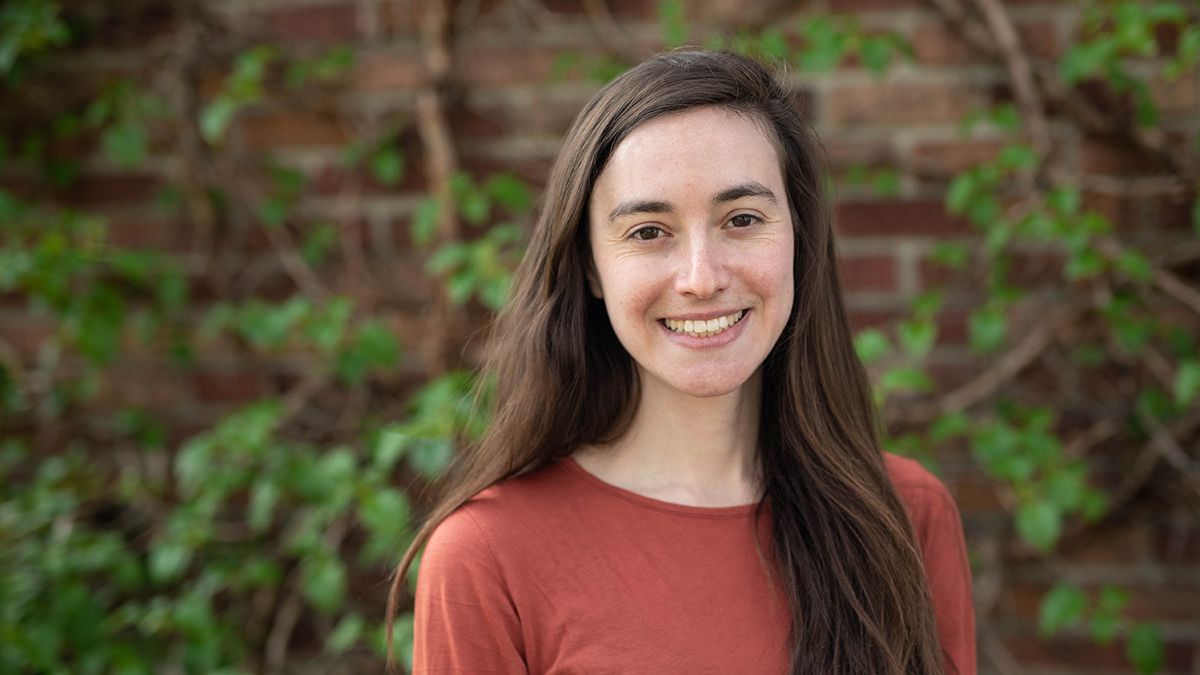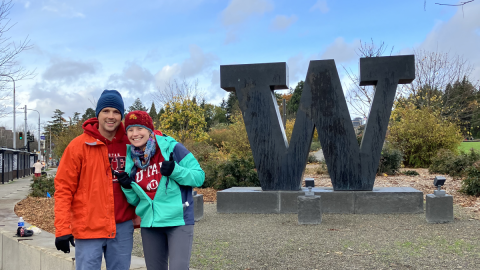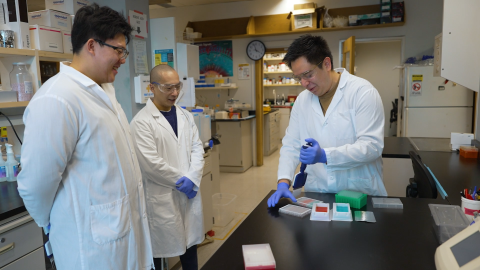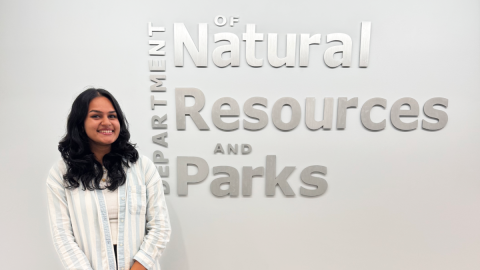Opportunities abound for University of Washington students to have real-world impact.
Tomorrow marks the UW’s first Husky Giving Day, a 24-hour campaign that will help more students seize those opportunities.
The goal: Reach 5,000 people in 24 hours to support the UW people, programs and causes that are making an impact in Seattle and around the world.
Your gift tomorrow will go toward the UW School of Public Health Endowed Fellowship Fund, among other funds. You will support award-winning students like Rachel Shaffer, a doctoral student in the UW Department of Environmental & Occupational Health Sciences (DEOHS) with a passion for civic engagement whose research is already informing public policies that protect human health and the environment.
Protecting people and planet
Shaffer’s research includes investigating the effects of food additives on children’s health; the link between a form of cancer and glyphosate, the world’s most widely used weed killer; and working with her faculty adviser, DEOHS Professor Lianne Sheppard, to study the connection between air pollution and Alzheimer’s disease,
Shaffer, who is earning her PhD in Environmental Toxicology, spoke about her research and the impact of receiving the Endowed Fellowship from the UW School of Public Health (SPH).
Why did you choose the UW?
I was drawn to the PhD program in toxicology that is within the broad and diverse DEOHS, which itself is housed in a strong School of Public Health.
And why toxicology?
I want to understand the biology of what happens when we are exposed to pollutants and then use this expertise to help drive policies that are protective of human health and the environment.
What motivates you about public and environmental health?
I’m deeply concerned about the impact of environmental exposures on human and ecological health, but there is only so much that individuals can do to protect themselves. Real progress can only come through systemic change to prevent the use and release of toxic chemicals.
Working in public environmental health allows me to do interdisciplinary research that can be applied to upstream policies that reduce risk and prevent disease. I also hope that these policies will have similar, simultaneous benefits on ecological and planetary health.
I want to help translate information to the public and to policymakers so that the results of environmental health research can improve health outcomes. That includes raising awareness of the impact of pollutants on human health because many people are unaware that chemicals in everyday products may pose risks. You can read more about my work on my blog, RachelTalksTox.
Any thoughts about receiving the SPH Endowed Fellowship?
I’m extremely grateful to the donors for establishing this award and very honored to have received this recognition from SPH. I plan to use this fellowship money to make it a little easier to live in this expensive city and also, specifically, for travel to conferences related to my interdisciplinary interests.
What are your future goals?
I hope to use my environmental health expertise to pursue a career in regulatory environmental health and science policy. I also plan to continue to use my science communication skills to raise awareness and help promote positive change.




